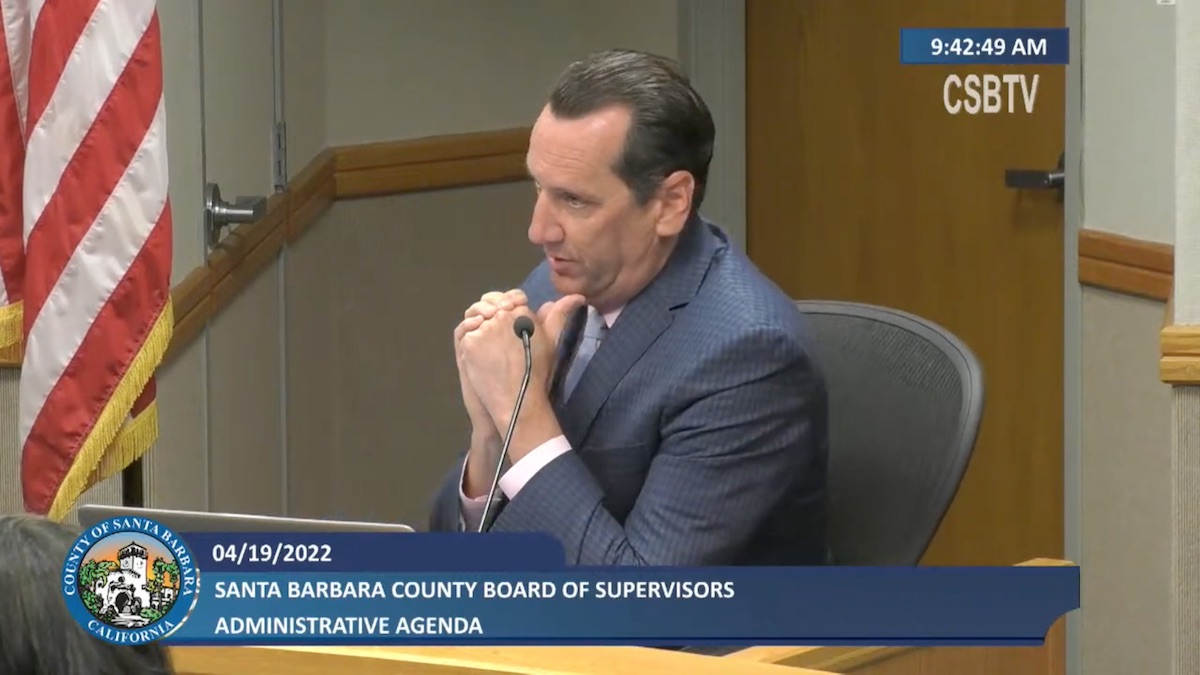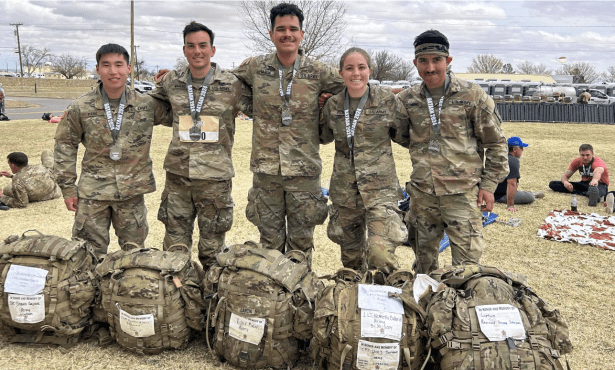Six Groups Awarded Grants for Racial Equity Work
Santa Barbara County 'Gives Volume' to Silenced Voices

The term “racial equity” either raises hackles or hopes — a divide that was clear during public comment at the Board of Supervisors on Tuesday. Six organizations in Santa Barbara County received grants totaling just less than a quarter million dollars to raise the profile of minority communities, further civic leadership and participation, and change the outcomes left by histories of slavery and racism — a large lift for a relatively small amount of money.
In Andy Caldwell’s view, “The gauge of success is the ability to raise money from the private sector,” he said, not patronage from taxpayer funds disbursed by “woke” supervisors. “Hold a fundraiser, call your donor list,” suggested Caldwell, who heads the Coalition of Labor, Agriculture & Business, based in Santa Maria, adding that the people’s money should be saved for the people’s business at large.
Steve Lavagnino, supervisor for the district anchored by Santa Maria, thought it was important “to give volume to some of the voices that have been silenced in the past.” He said he was glad to see North County organizations included among the six recipients, which had been vetted out of a group of 16 by a volunteer grant-making group at the Fund for Santa Barbara.
Sign up for Indy Today to receive fresh news from Independent.com, in your inbox, every morning.
Rachel Johnson, who writes and distributes grants for Santa Barbara City College, is a member of the Fund’s grant volunteers. She said the grant work began in the fall when they created guidelines — that were approved by county staff, county counsel, and the supervisors — that included requirements that successful applicants be primarily focused on anti-racism work and were led by people from historically underrepresented groups. “It led to some tricky conversations,” Johnson admitted, such as: Is a gay white man in an underrepresented group? What about white women? “But it came down the core mission of the groups and their track record in doing this work in the community already,” she said.
Recipients in the North County included the NAACP of Lompoc and Santa Maria, which received $25,000, and the Comité Guelaguetza, based in Santa Maria and the only awardee that is not an African-American-focused group. Guelaguetza is an Indigenous holiday celebrated in Oaxaca, and the Santa Maria version received $35,000 to use toward logistics in organizing the food, dance, and music festival, and in pursuing “self-determination decolonizing workshops” among the Oaxaqueños in the region.
The MLK committee in Santa Barbara received a total of $35,000 toward costs of hiring an executive director and grant writer, for security and venues for events countywide, and to expand programs and relations among cultures to work toward systemic change. Gateway Educational Services received $35,000 to engage students and parents in two meetings geared toward equality in education for African Americans.
The largest grantee was Healing Justice Santa Barbara, which had spurred the county to fund a Black cultural center with $500,000 in seed money in 2021. The county had already set aside that amount for an internal look at equity and put $270,000 of it into the grant program. Healing Justice received $100,000 to help pay the salaries that keep its programs going, including its history project, online dialogue sessions, children’s story time, and advocacy work. The remaining $40,000 will go to the Fund for its administrative work managing the grants and their mid-year reporting requirements.
Support the Santa Barbara Independent through a long-term or a single contribution.



